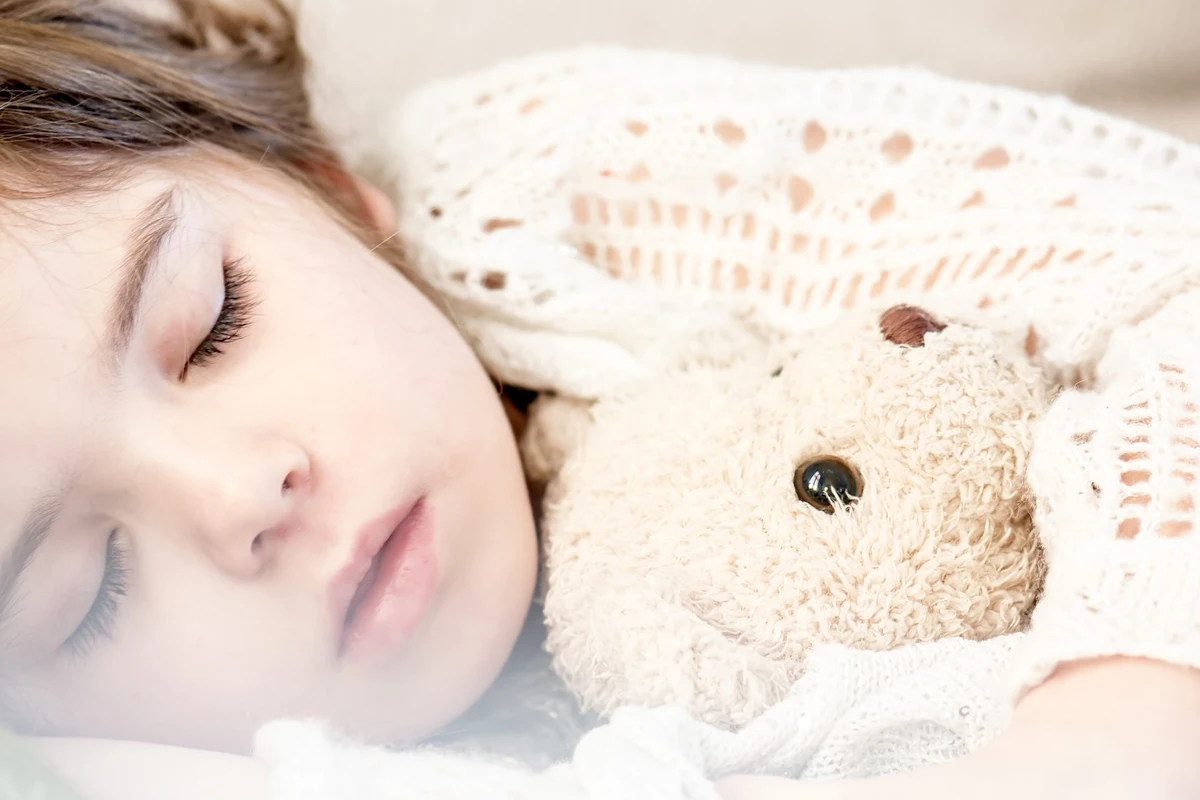Table of Contents
Could a Sudden Rise in the need for Daytime Sleep indicate a Health Problem?
Best Nap – If you are experiencing an enlarged need for sleep and there is no obvious new cause of fatigue in your life, then talk to your doctor. You may be on medication, have a sleep disorder, or have another medical condition that is interfering with your nightly sleep.
When should I think about Daytime Naps?
You might consider making time for sleep if:
• If you are about to lose sleep, for example, due to a long shift at work
• Even when you want planned sleep to become part of your daily routine
What is the Greatest Way to take a Nap?
To get the most out of your sleep, follow these tips:
• Keep short sleep. Try to take just 10-20 minutes of sleep. The longer you sleep, the more likely you are to feel overwhelmed afterwards. However, younger people can tolerate more sleep.
• Take a nap at the beginning of the day. A siesta after 3:00 pm can interfere with a night’s sleep. Individual factors such as sleep needs, sleep patterns, age, and medication may also play a role in causal the best time of day to sleep.
• Create an environment for relaxation. Take a nap in a quiet, dark place with a comfortable room temperature and a minimum of distractions.
After sleep, take time to wake up before resuming activities, especially those that require a quick or abrupt reaction.
What should the Perfect Nap be like?
The perfect midweek nap that helps you rest and revitalizes your body and mind must meet a series of conditions, as an article in The New York Times tells us :
Create the Right Environment
If you do not have a lot of time, so you have to make things easier for yourself by creating an environment conducive to falling asleep and resting.
Find a place where you will not be disturbed, away from the noise. If you can’t isolate yourself completely—because of traffic coming out the window, roadworks, kids, or neighbours—lower the blinds, turn to headphones, put on white noise, or cover your eyes with a mask.
You can also use applications, podcasts or courses for meditation and relaxation.
Drink Coffee Before Bed (yes, before )
As mentioned above, the use of stimulants makes it difficult to sleep well. So why drink caffeine before taking a nap?
It seems counterproductive, but it is not. Having a cup of coffee or tea about 20 minutes before your nap will give you a boost of energy…after you’ve already woken up.
Of course, if you are a person who is very sensitive to caffeine and you are going to take a nap in the late afternoon, avoid this step.
How Long Should the Nap Last?
So that caffeine does not prevent you from sleeping, and so that you do not wake up wearier than before going to bed, it is key to know how long you have to nap.
To avoid that “sleep inertia” that leads you to feel exhausted and inactive, naps should be short, around 30 minutes. Enough so that it takes effect and you rest, but not so much that you cannot continue the day.
Don’t worry if you don’t Fall Asleep
The obsession with time and the rush to fall asleep is one of the biggest enemies of naps and sleeping. Forget everything, close your eyes and rest.
Take a Late Nap
In addition to the duration, it is also key to know when to take a nap, since not just any time is appropriate. In this regard, the Mayo Clinic recommends napping in the early afternoon, stating that “napping after 3 pm can interfere with nighttime sleep.”
Drink caffeine before your nap… with exceptions
It may be surprising since the use of stimulants makes it difficult to sleep well, but it is recommended to drink caffeine before taking a nap.
Of course, you have to measure the times well: having a cup of coffee or tea about 20 minutes before the nap will increase your energy… when you have already woken up. If you take it earlier, however, you run the risk of it kicking in before you lie down and making it hard to sleep.

